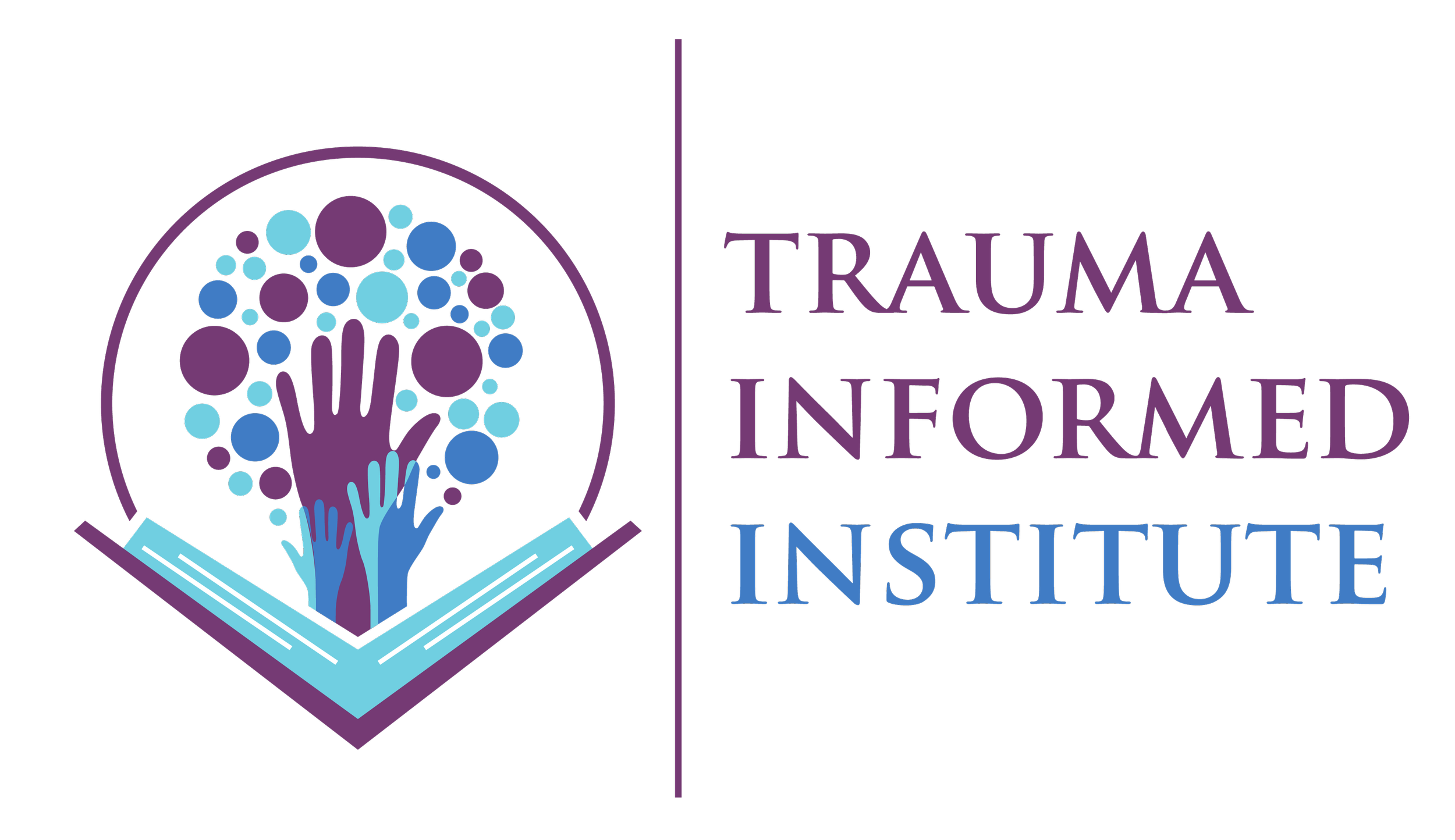TRAUMA-INFORMED GUIDING PRINCIPLE #4: Collaboration and Mutuality in the Workplace
As an employer, fostering collaboration and mutuality in the workplace is an important step to creating a safe, productive, and engaging environment. Collaboration is essential for any successful business, with teams that work together towards the same goals being more productive and efficient. However, when creating a culture of collaboration and mutuality in the workplace, it’s important to consider the unique needs of each employee.
Here are some tips on how to inculcate collaboration and mutuality in the workplace:
- Foster an open, honest, and safe space for all team members to share their thoughts and ideas
- Incorporate trauma-informed practices such as grounding techniques to create a positive work environment
- Focus on building relationships based on mutual respect, trust, and understanding
- Encourage active listening among colleagues
- Embrace diversity by valuing different perspectives and opinions
- Collaborate with your team in developing shared goals
- Promote team building activities that encourage collaboration
- Celebrate success as a collective unit
To foster collaboration and mutuality in the workplace, employers can first create a supportive team environment. This includes giving employees clear guidelines on roles and responsibilities within the team as well as encouraging open communication between members. Additionally, making sure to recognize individual contributions can help boost morale and give employees a sense of ownership over their work.
It’s also important to create an environment where employees feel heard and respected. This can be done by providing feedback channels such as anonymous surveys or one-on-one conversations with managers, HR representatives, or offering access to wellness coaches. Additionally, promoting empathy within teams can help ensure that everyone feels comfortable bringing up issues or concerns without fear of judgment or retaliation.
When it comes to fostering collaboration and mutuality in the workplace, it’s also important to take a trauma-informed approach. Trauma-informed workplaces are ones that recognize that traumatic experiences may shape how employees interact with each other, leading to misunderstandings or tensions if not managed properly. Employers can focus on creating an atmosphere based on trust rather than competition and consider how potential workplace changes might affect staff who are already dealing with trauma related stressors.
Fostering collaboration and mutuality in the workplace leads to increased job satisfaction among staff which in turn improves productivity overall. To make sure these initiatives are successful, employers need to ensure they involve all members of their team throughout the process so everyone has an equal say in decision making processes as well as understanding how changes will impact them personally. Taking steps towards creating a collaborative work environment is beneficial for both employees and businesses alike in terms of cultivating happier staff who feel valued by their employer and helping create better ways of working together long term.

